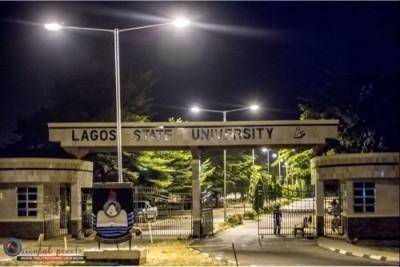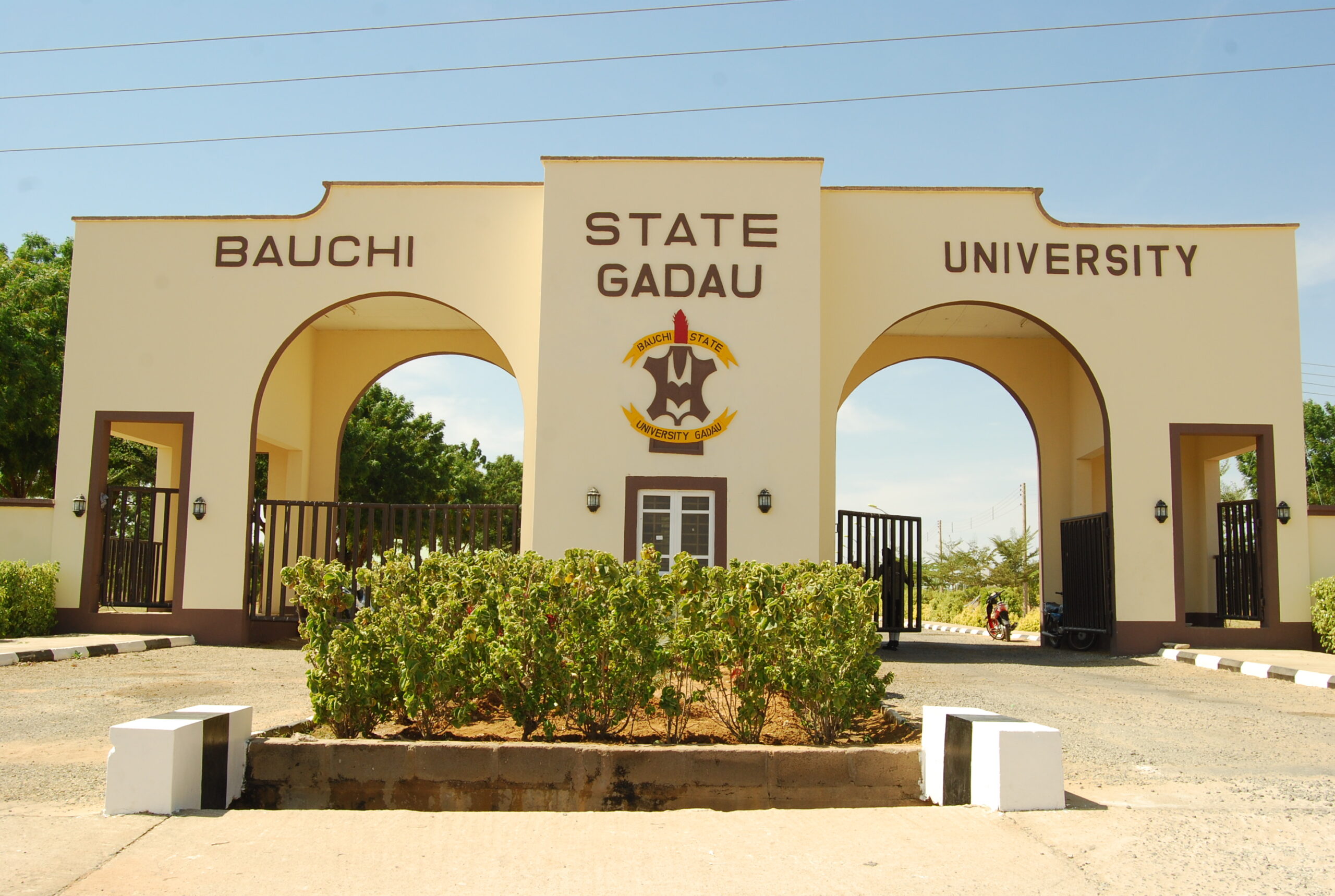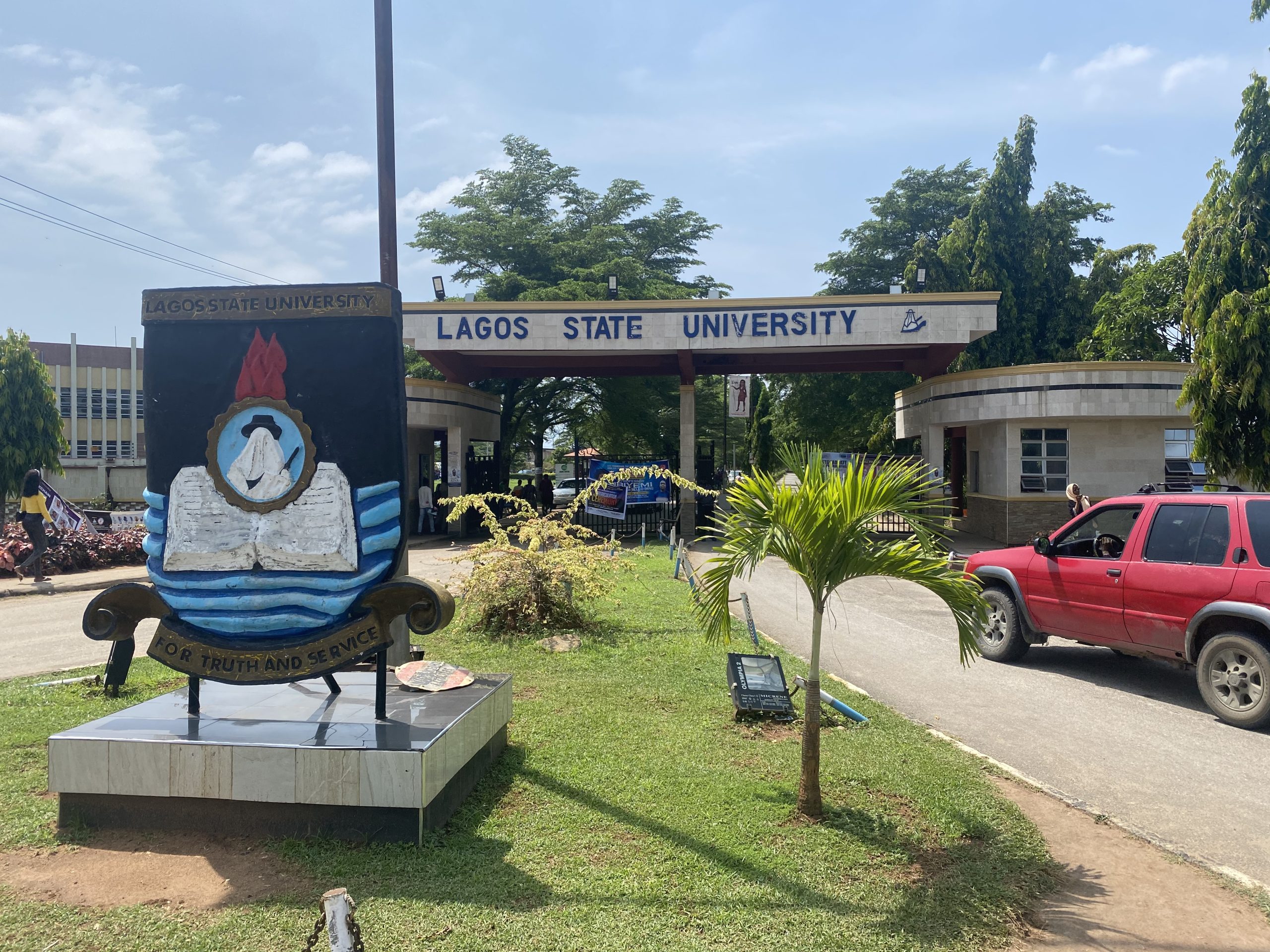Academics Warn of Declining Standards as Nigerian Students Depend on AI


Artificial Intelligence (AI) is transforming education by making learning more accessible, yet it also sparks discussions about its effects.
While students praise AI tools like ChatGPT for improving their educational experiences, lecturers express worry about the increasing dependence on AI, arguing that it encourages laziness and compromises academic integrity, particularly when students cannot justify their assignments or submitted work.
Prof. Isaac Nwaogwugwu, a lecturer at the University of Lagos, voiced his frustration in an interview, highlighting the growing use of AI-generated responses among students and sharing a recent experience.
“I gave an assignment to my MBA students, and out of over 100 students, about 40% submitted the exact same answers. These students did not even know each other, but they all used the same AI tool to generate their responses,” he stated.
He pointed out that this issue is common among undergraduate and postgraduate students alike, but it is particularly concerning in part-time and distance learning programs.
“AI is a serious challenge when it comes to assignments. Many students no longer think critically—they just go online, generate answers, and submit,” he added.
Unexpectedly, some lecturers have also been accused of excessive reliance on AI, creating a pattern where both educators and students use AI more for convenience than intellectual engagement.
This ongoing discussion raises important questions about how AI affects academic integrity and student growth.
A UNESCO report noted that while ChatGPT reached 100 million monthly active users in January 2023, only one country had established regulations on generative AI by July 2023.
By December 2024, ChatGPT had surpassed 300 million weekly users and was processing 1 billion messages per day globally.
University lecturers increasingly worry about students submitting AI-generated assignments without fully understanding the material.
Dr. Felix Echekoba, a lecturer at Nnamdi Azikiwe University, shared his concerns with Nairametrics, stating that students often rely on ChatGPT but struggle to answer basic questions when tested.
“Many students copy from ChatGPT and submit polished assignments, but when asked basic questions, they go blank. It’s disappointing because education is about learning, not just passing courses,” he said.
Prof. Nwaogwugwu acknowledged that the rising number of first-class graduates is not entirely due to AI but admitted that high-achieving students also use these tools.
“A first-class student is a first-class student, AI or not, but that doesn’t mean they don’t cheat. The benefits of AI may be peripheral, but it is making students dependent and less analytical,” he remarked.
Another lecturer, Dr. Ereke from Ebonyi State University, expressed a different concern, highlighting that some lecturers are also guilty of the same practice.
“It’s not just students using AI lazily. Some lecturers, out of their own laziness, generate lesson notes, course outlines, marking schemes, and even exam questions with AI without reviewing them. Students in turn use AI to generate answers. It’s a cycle of laziness and it is killing real learning,” he lamented.
Students, on the other hand, argue that AI has enhanced their learning experience by simplifying academic content and making materials more accessible.
Eniola Arowosafe, a 300-level Business Administration student at the University of Lagos, explained how AI has been beneficial in helping her understand complex concepts and summarizing lengthy texts.
“AI helped me understand things more easily, especially when dealing with complex topics,” she explained.
However, she recalled an incident where she submitted a project using AI, only for her lecturer to immediately recognize it as ChatGPT-generated and reject it. Eniola acknowledged this as both a positive and negative outcome.
Bryan Okwuba, a recent first-class graduate in Pharmacy Technology from the University of Lagos, insisted that his academic success was not influenced by AI tools. He attributed his high grades to active class participation, asking relevant questions, and focusing on key points emphasized by lecturers, which were often reflected in exams.
“It’s all about being present, paying attention, and tapping into the wealth of knowledge shared by my colleagues,” he stated.
Tunde Awoshita, a final-year marketing student at Nnamdi Azikiwe University, admitted to occasionally copying directly from ChatGPT when overwhelmed with multiple deadlines.
“To be honest, there are times I copy straight from ChatGPT when I have multiple deadlines, and I know I’m guilty of that, most times the lecturers don’t get to read through them, but AI has also helped me learn faster.”
Experts suggest that the key solution is AI literacy, ensuring that both students and lecturers understand how to use AI as a learning tool rather than as an easy way out.
Minister of Education, Dr. Tunji Alausa, emphasized the need for AI integration into Nigeria’s education system while maintaining a balanced approach that preserves human involvement and enhances learning outcomes.
“As we navigate the rapidly evolving landscape of Artificial Intelligence (AI), it is crucial that we prioritise human agency in education. We must ensure that AI enhances, rather than replaces, educators’ vital role in shaping young minds,” he said.
Dorcas Akintade, a cybersecurity transformation expert, addressed rising concerns regarding AI tools like ChatGPT and the risks they pose to the education system.
She acknowledged AI’s advantages but stressed the need for caution in its application.
Akintade pointed out the reluctance of educators and schools to fully embrace AI tools in learning environments, identifying security risks and plagiarism as major concerns.
She explained that AI tools like ChatGPT generate responses based on previous data, which may not always align with educators’ expectations.
“It is not looking at it as a tutor,” Akintade said, explaining that AI doesn’t cater to specific teaching methods.
Plagiarism is another challenge, as AI draws from pre-existing data without proper attribution.
“A lot of people need to understand, like I said, this is data that has been trained on. It is not just bringing things out from the sky. It’s bringing information that some other people are fed into it, which in essence means that is another person’s paperwork,” she cautioned.
Additionally, Akintade highlighted an early AI issue called “hallucination,” where AI generates information that is not factual.
“Hallucination meant that it was bringing out information from the air. If ChatGPT could not get that information from you, it was going to make one up,” she explained.
She suggested that “grounding” AI with specific data could help minimize such errors.
Akintade argued that banning AI tools is not the solution, particularly since AI offers opportunities to advance traditional education methods.
She asserted that repeated reinforcement of key concepts helps students retain information and avoid mistakes.
“Immersion brings conversion. When you tell people the same thing over and over again, when they are about to make the mistakes, then they’ll remember.”
She also emphasized the need for well-defined policies in schools, noting that institutions should focus on the human and procedural aspects of AI integration.
Prof. Nwaogwugwu has shifted towards in-class assignments and tests to prevent AI-driven academic dishonesty.
“Now, I mainly use assignments to ensure students provide original work.” However, he admitted that handling large classes makes this approach challenging.
“If you set complex questions, students won’t be able to use AI to get direct answers,” he explained.
He stressed the importance of universities training lecturers to develop exam questions that AI cannot easily answer, recognizing that some educators struggle with AI misuse due to limited technological awareness.
“Some lecturers are analog,” he commented.
Nigeria introduced a draft National AI Strategy in August 2024, focusing on ethical AI development with principles of fairness, transparency, accountability, and privacy.
A UNESCO report urges AI regulation in education, recommending that institutions audit AI tools’ algorithms, data, and outputs to ensure ethical standards, safeguard user data, and filter inappropriate content.
It highlights the importance of assessing AI’s long-term impact on critical skills such as creativity and analytical thinking while aligning policies with ethical guidelines.
Additionally, UNESCO advises setting age restrictions on generative AI tools to protect younger students and vulnerable individuals.
For governments, it suggests implementing a national regulatory framework, establishing oversight bodies, and aligning AI policies with data protection laws.
The growing reliance on AI tools like ChatGPT in academics raises serious concerns about academic integrity, critical thinking, and problem-solving skills. The education sector must invest in training both educators and students to use AI responsibly, ensuring that it serves as a supplement rather than a replacement for human learning.










